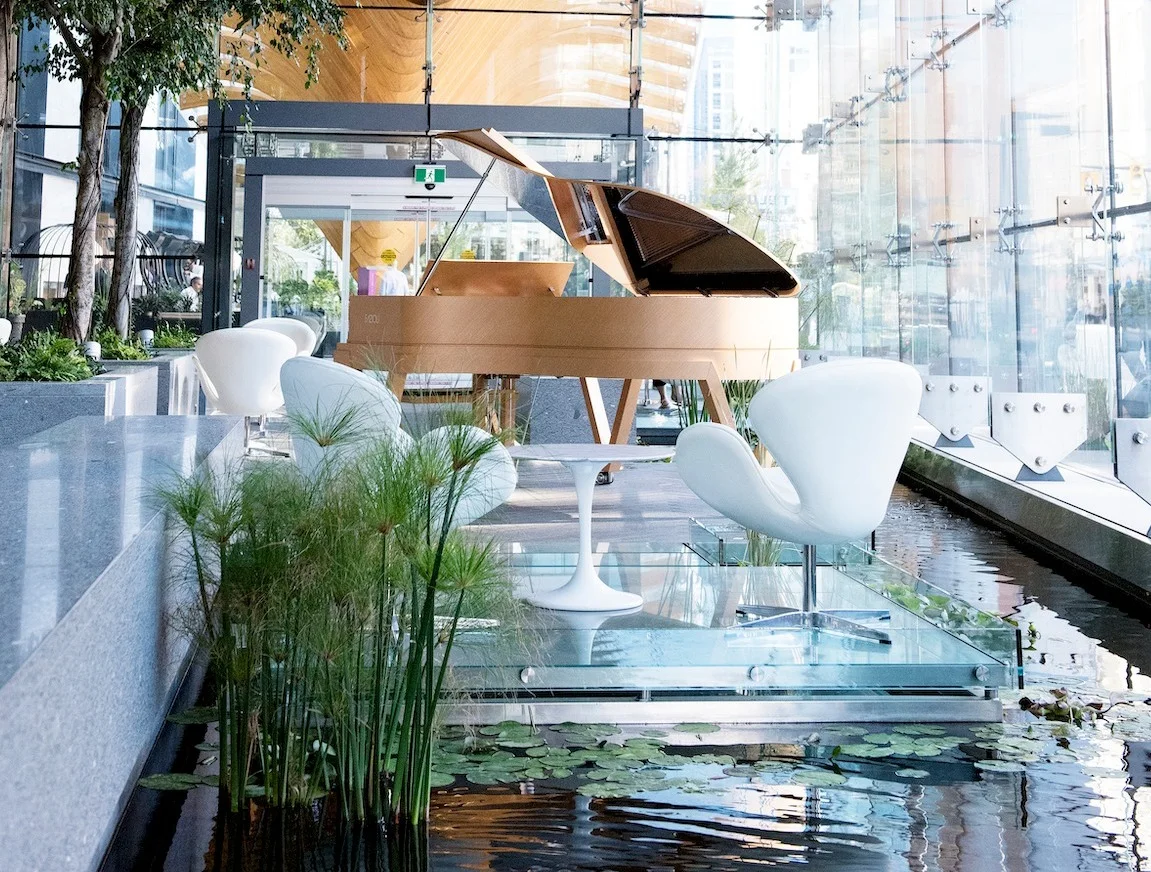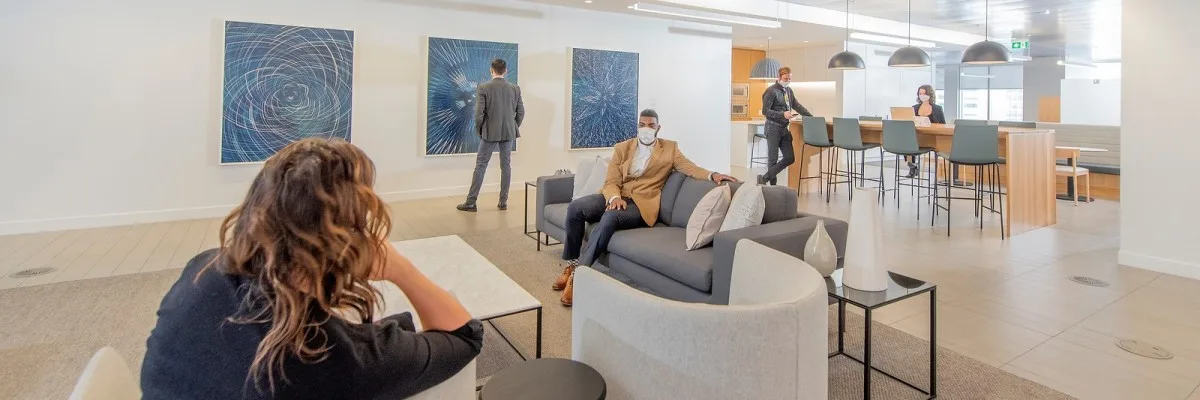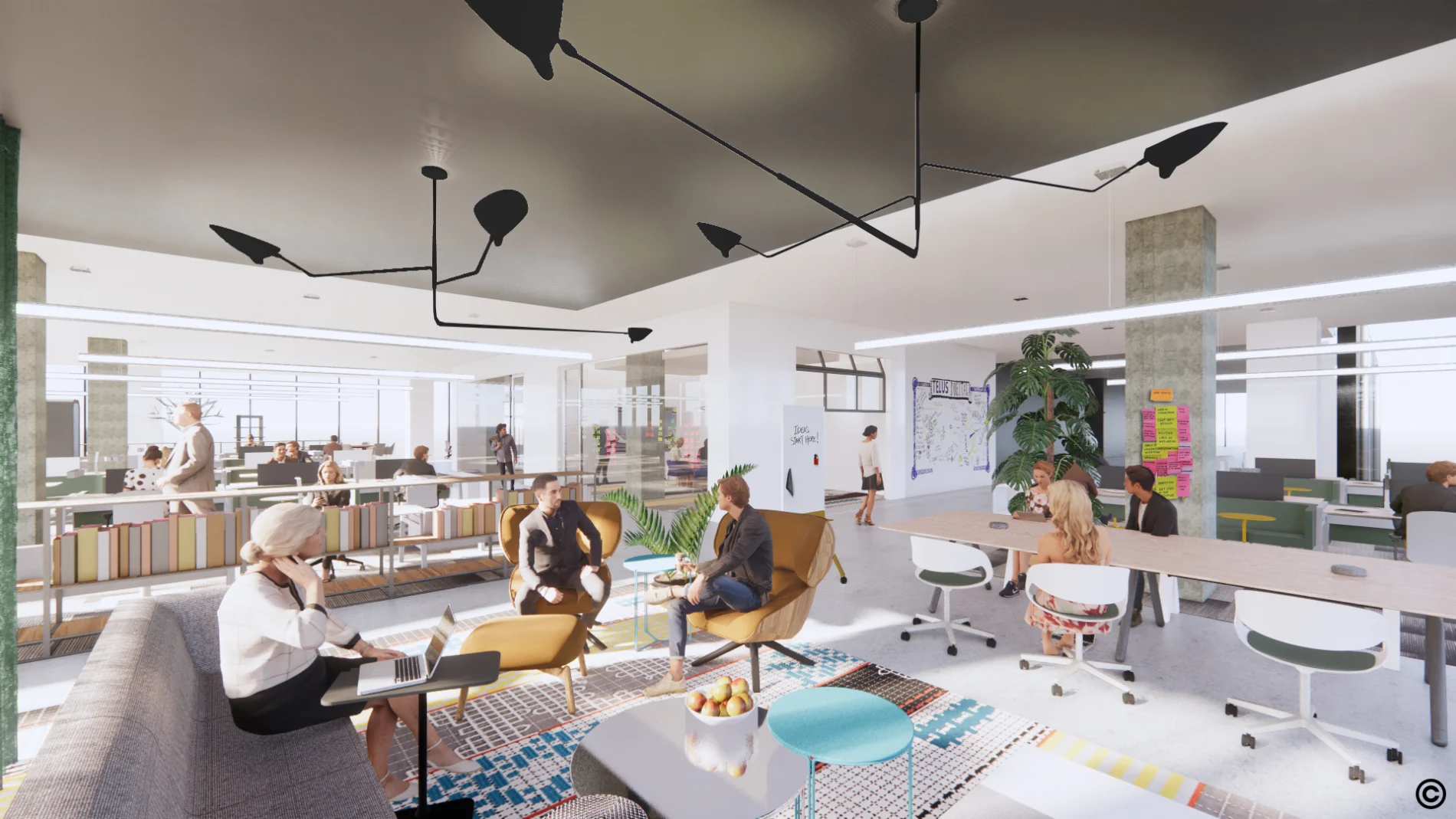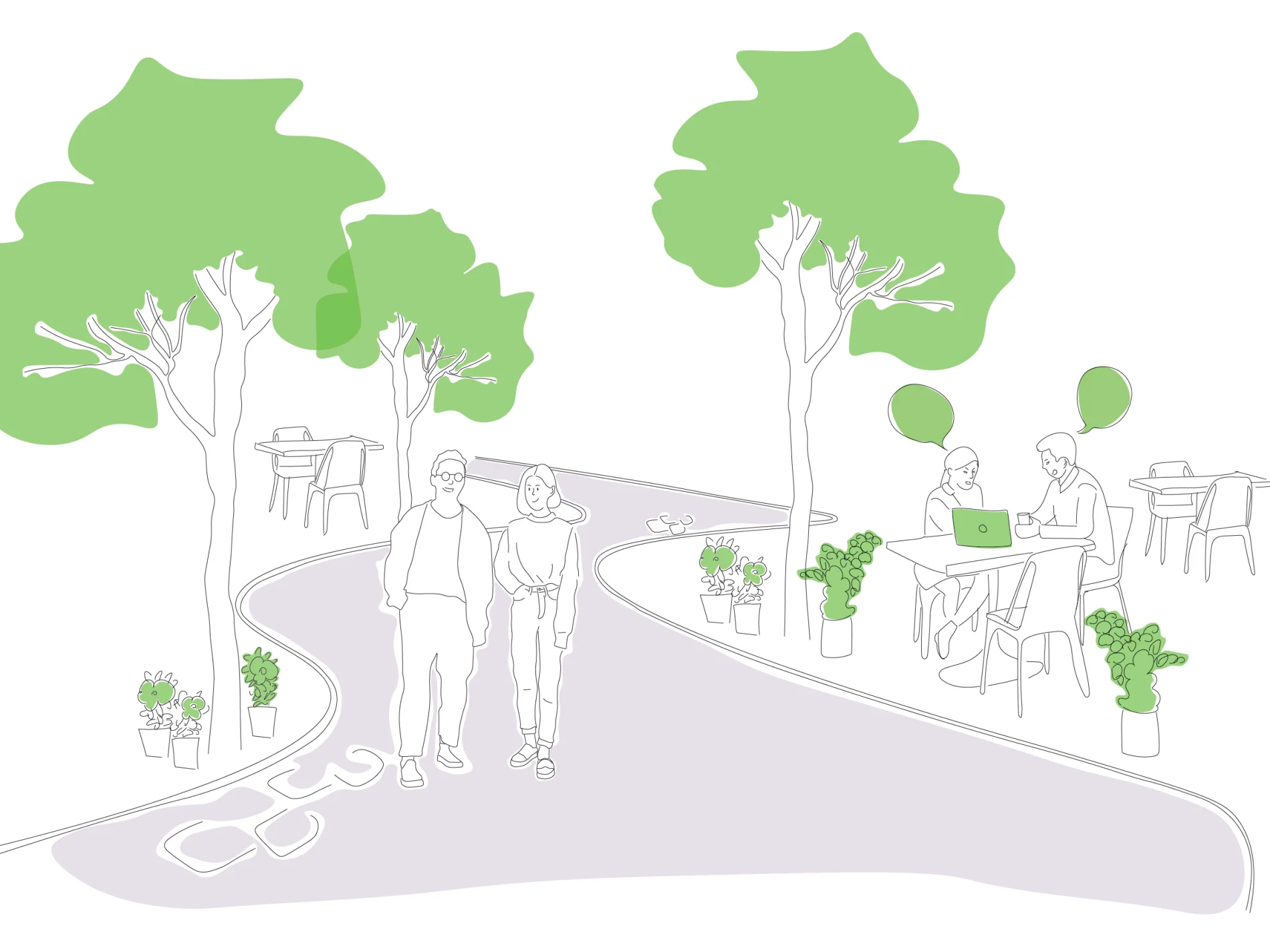Diversity and inclusivity in space design
Mar 24, 2021
Even before the changes brought on by the pandemic, it was becoming increasingly important to provide inclusive workplaces that accommodate a wide range of needs while enabling employees to be engaged and to work productively. Our workplaces need to be designed for efficiency and effectiveness, to be supportive of collaborative and individual work, and to ensure all employees feel comfortable by promoting well-being and accommodating individual needs.
“Inclusion is not a strategy to help people fit into the systems and structures which exist in our societies. It is about transforming those systems and structures to make it better for everyone. Inclusion is about creating a better world for everyone." -- Diane Richler, past President, Inclusion International
When we think of inclusivity and diversity, our minds often jump to concepts of race and gender, but we also have to consider physical ability, mental illness, sexuality, religious beliefs, emotional well-being, and different personality types. An exceptional workplace is customised to suit all of these needs.
Which amenities are important in an inclusive design?
Which amenities are important in an inclusive design?
When designing spaces, legal requirements, such as wheelchair ramps and accessible washrooms, have to be included; but consideration must also be given to providing spaces that support as broad a range of people as possible. Inclusive design looks beyond accessibility and usability considerations, to add a focus on creating spaces that put the employee and their needs at the centre of the designs.
Accessibility and usability
Automatic doors or lever-style handles to make it easier for employees to move around
Ergonomic desk chairs and height-adjustable workstations
Collaborative spaces with flexible layout options
Accessible washrooms
Wheelchair ramps
Braille signage
Ergonomic desk chairs and height-adjustable workstations
Inclusivity
Adaptable spaces for those who prefer working alone and for those who prefer working with people around them
Sound-insulated zones to support those with anxiety or attention requirements
Gender-neutral washroom and shower facilities
Personalized workspaces with pre-programmed, individualized lighting levels and temperature
Quiet rooms for nursing, prayer, meditation, or even napping
A shift in design: focusing on the employee
COVID-19 has led to more and more people working from home, but this is a trend that we can expect to continue even after the pandemic ends. This shift in work styles means that we need to create offices that are destinations — spaces where our team members want to work. For this reason, the employee’s experience in the workplace is critical and thus inclusive design is even more important. No longer can workplaces be one size fits all; we need to create an environment where a diverse range of people can be comfortable, confident, and productive.

Companies are also offering more flexible spaces designed to support the type of work being done. At TELUS, we design workspaces so that employees can select the best environment for their productivity and comfort. As an example, a team may need an open space for collaboration, while quiet zones are available for employees who need to avoid distractions to focus on work. Not only do these types of innovations improve the employee experience, and thus productivity, they can also reduce costs by optimizing building performance and space usage.
“Inclusion and fairness in the workplace … is not simply the right thing to do; it’s the smart thing to do.” -- Alexis Herman
Above all, inclusivity means promoting diversity by creating workplaces that accommodate the full spectrum of individual needs. Our inclusive workplace designs aim to help employees work to their potential, feel welcome within their team, and ultimately leads to greater results that support all of our team members, customers, and communities.
For more information on how TELUS can support your organization, please contact [email protected]



